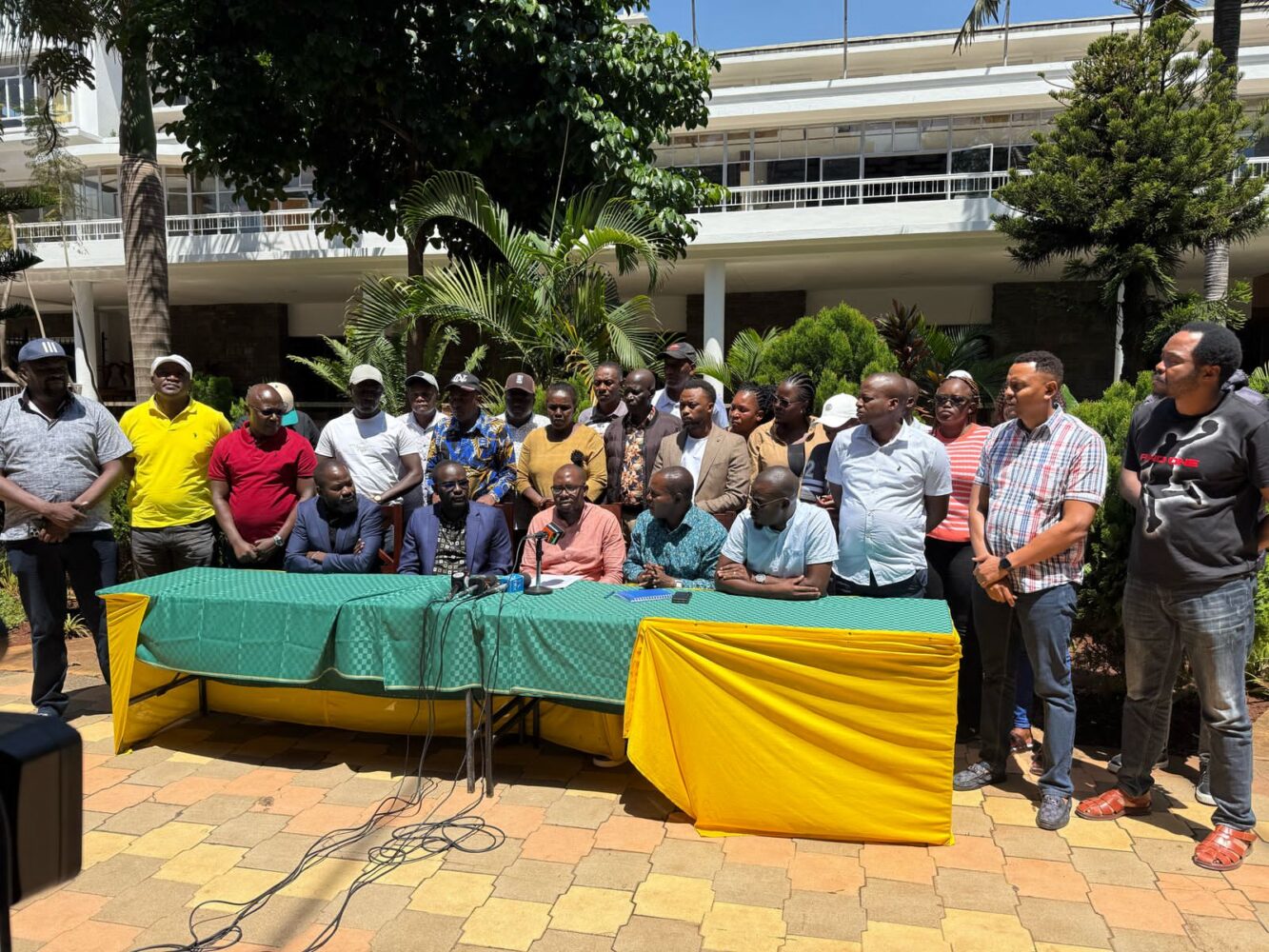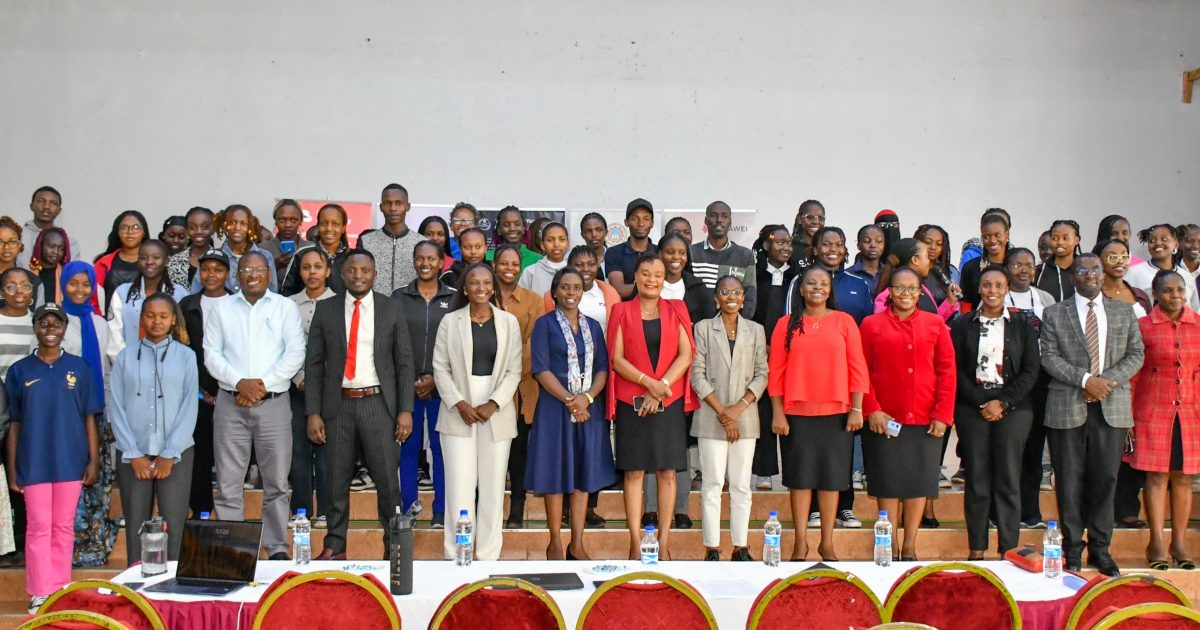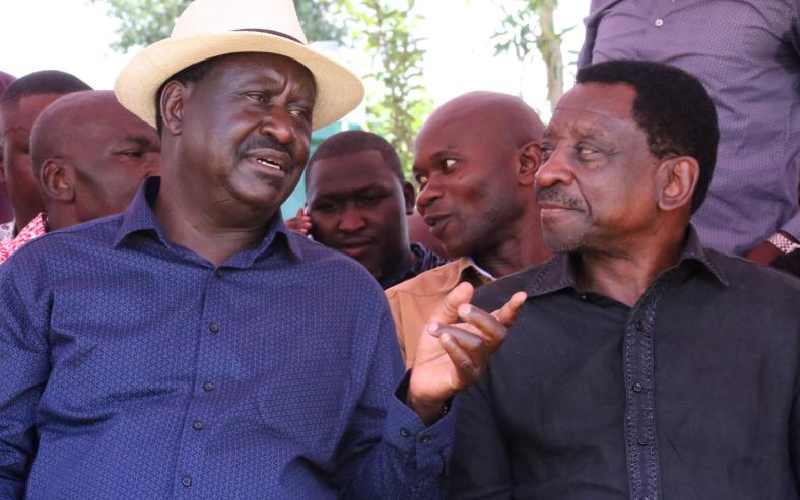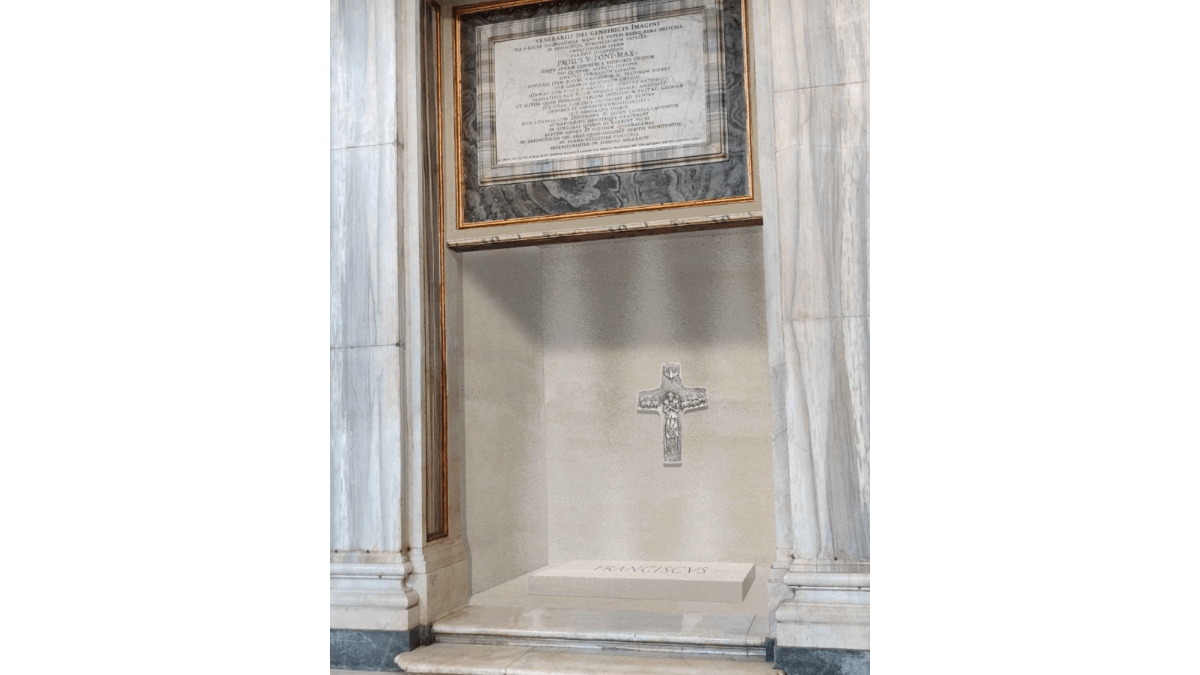President Ruto has made it clear no permits will find their way into the hands of millers looking to import wheat or maize into the country.
He stated that the primary objective is to safeguard the interests of local farmers.

President Ruto allocated a substantial Ksh 4 billion for purchasing maize directly from farmers.
President Ruto’s new rule
The President emphasized that this move aims to stabilize prices and ensure the welfare of local agriculturalists.
Speaking at State House, Nairobi, during a meeting with a delegation from Narok North Constituency, led by MP Agnes Pareiyo, President Ruto reiterated the importance of supporting farmers.
READ ALSO: Equity Bank ranked best financial institution in Africa
The gathering also included Governors Patrick Ole Ntutu of Narok and Jonathan Leleliit of Samburu, Narok West MP Gabriel Tongoyo, as well as MCAs and grassroots leaders.
The President implored, “We ask our farmers not to sell their produce at throw-away prices.”
It’s a call to value their hard-earned harvests.
Message to local farmers
To address post-harvest losses due to high moisture content, the Head of State revealed plans to utilize NCPB driers.
Charging farmers a minimal fee of Ksh 50, a significant drop from the previous high of nearly Sh400 per bag.
READ ALSO: Blessing in disguise for Bahati after rejection by NTV presenter led him to meet Diana Marua
Additionally, President Ruto assured farmers that even if they choose not to sell their maize to NCPB, they will have access to drying facilities and storage services provided by the State agency.
In a bid to enhance milk quality and bolster prices, President Ruto also disclosed plans for the construction of a KCC milk plant in Narok.
This strategic move is designed to benefit dairy farmers and elevate the local milk industry.
It’s a comprehensive effort by the government to support and uplift the agricultural sector, ensuring a better future for the nation’s farmers and consumers alike.










